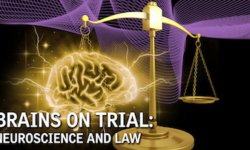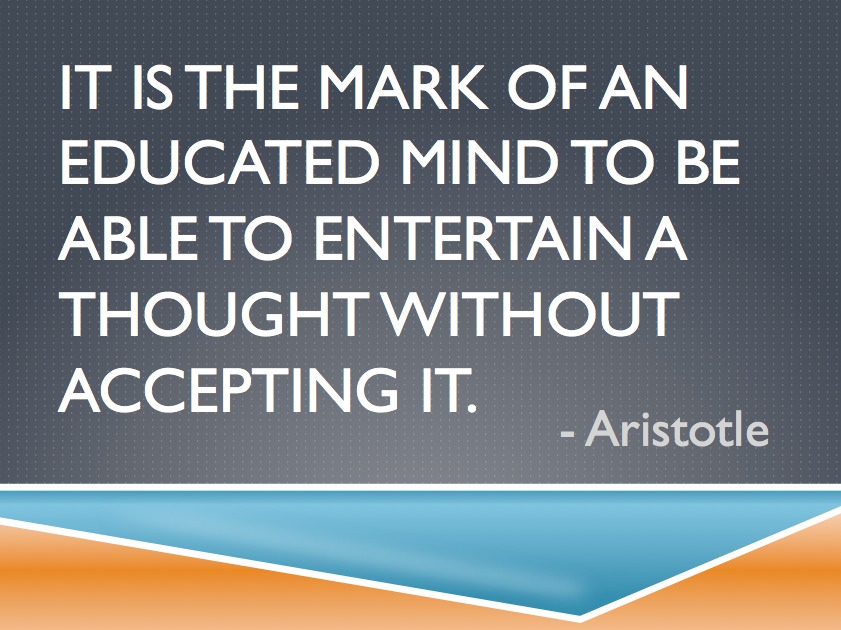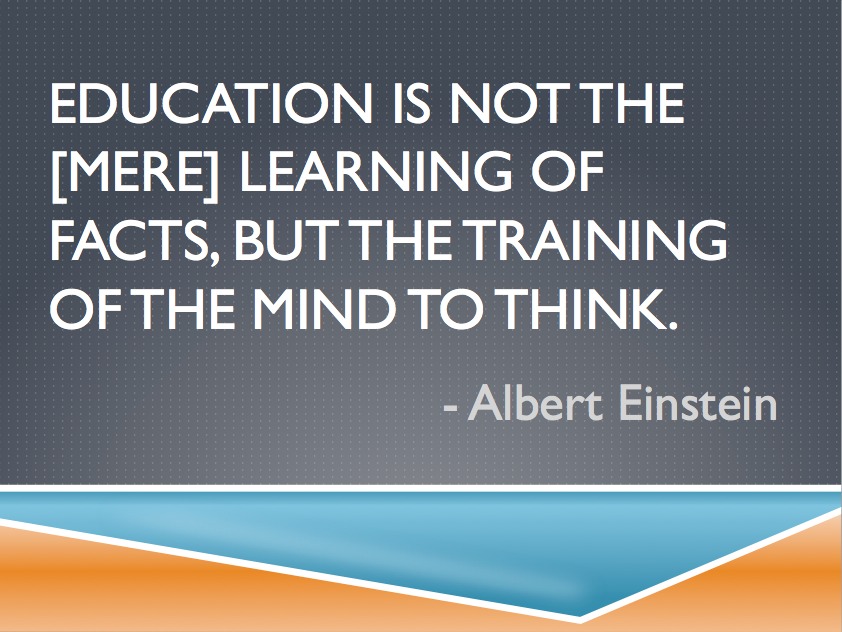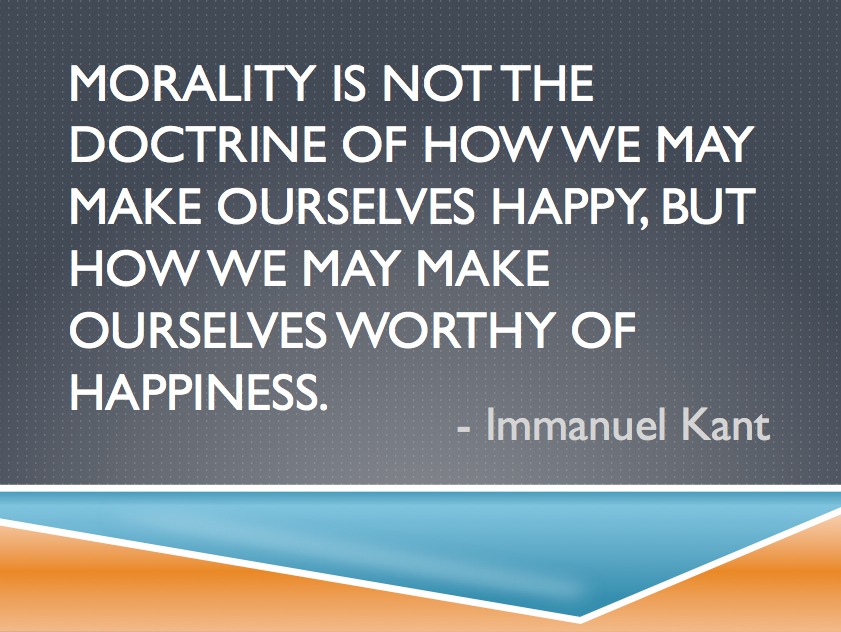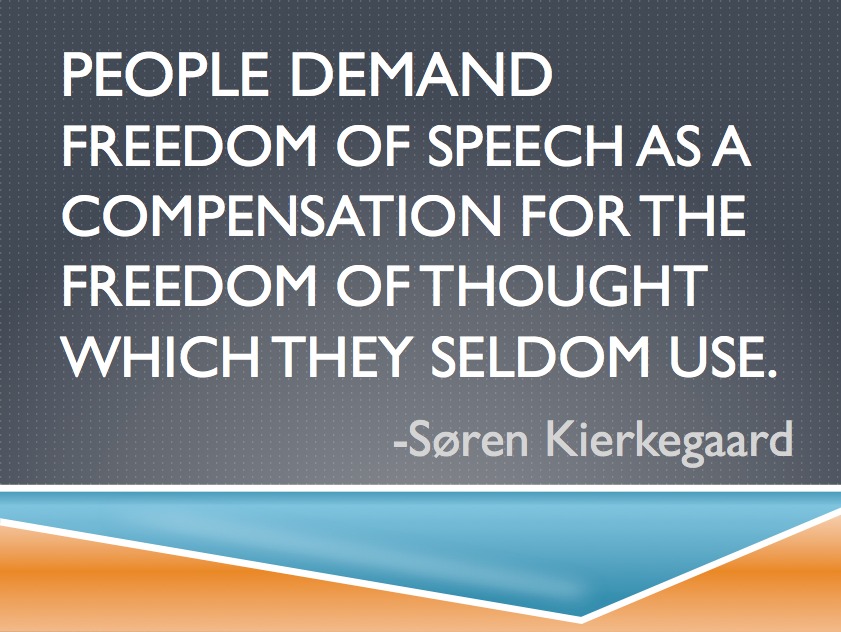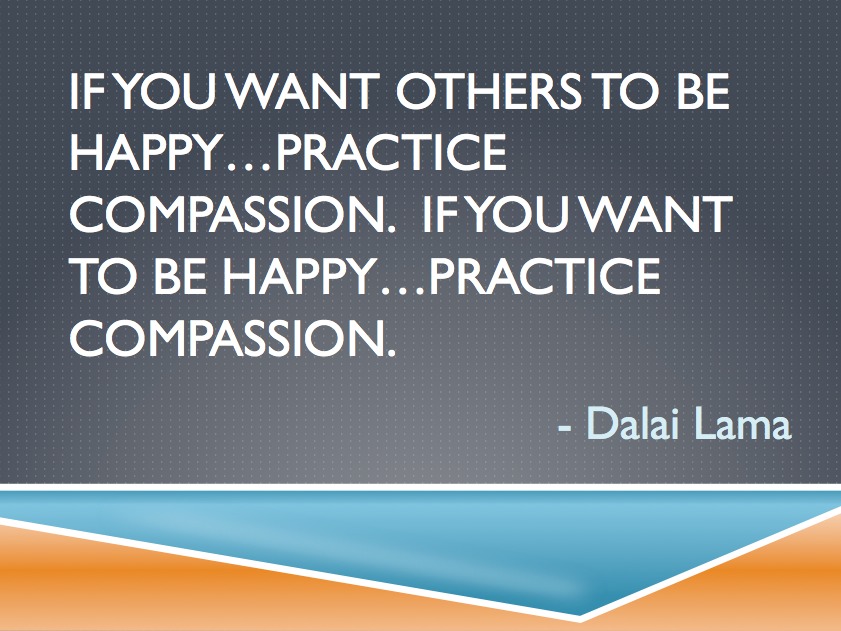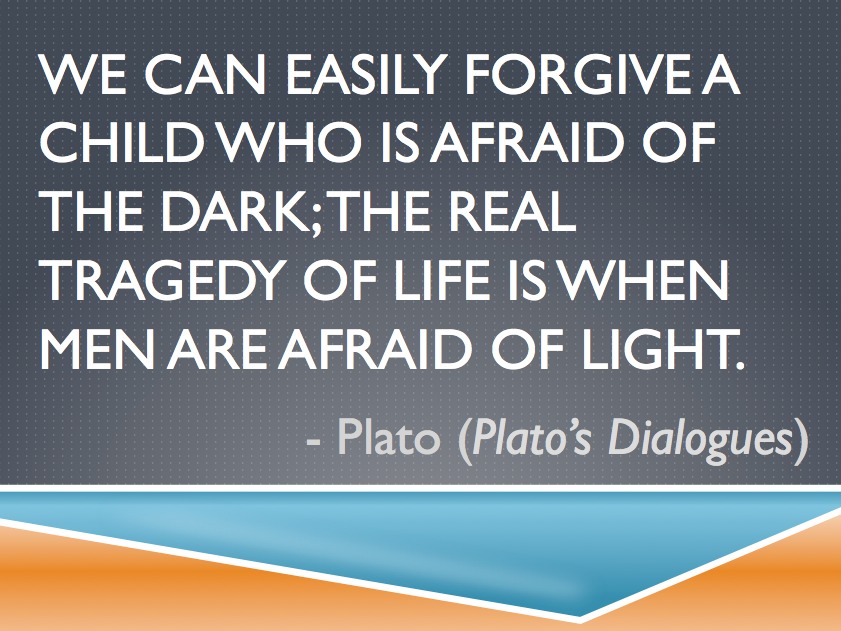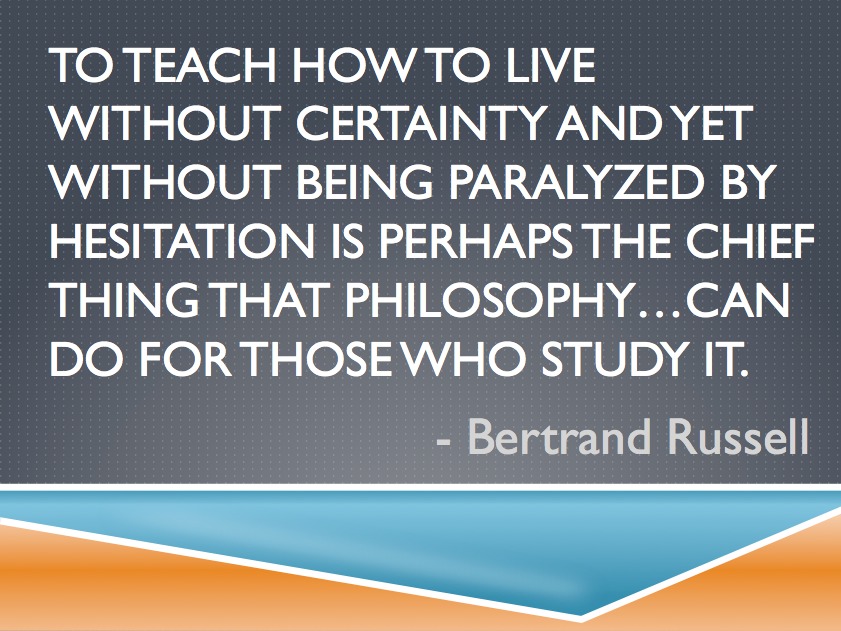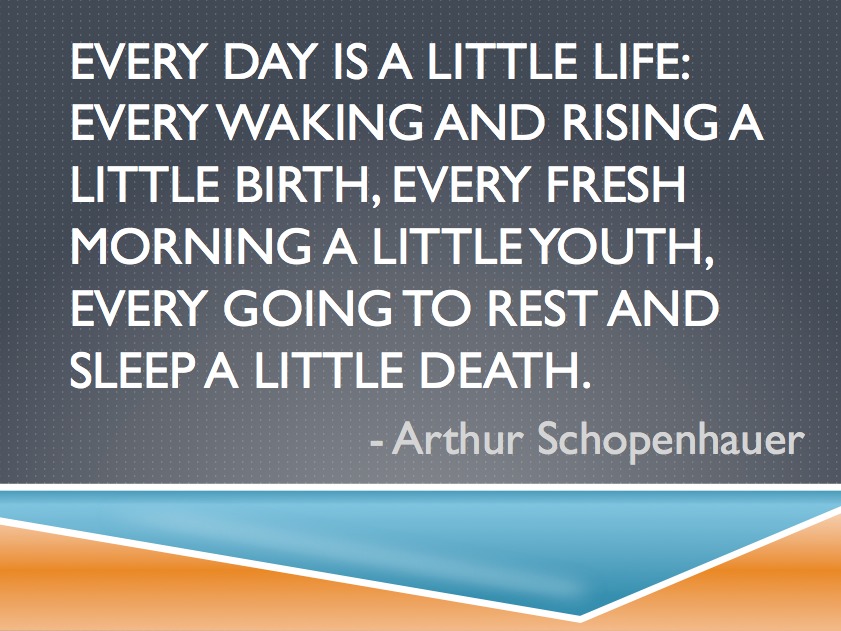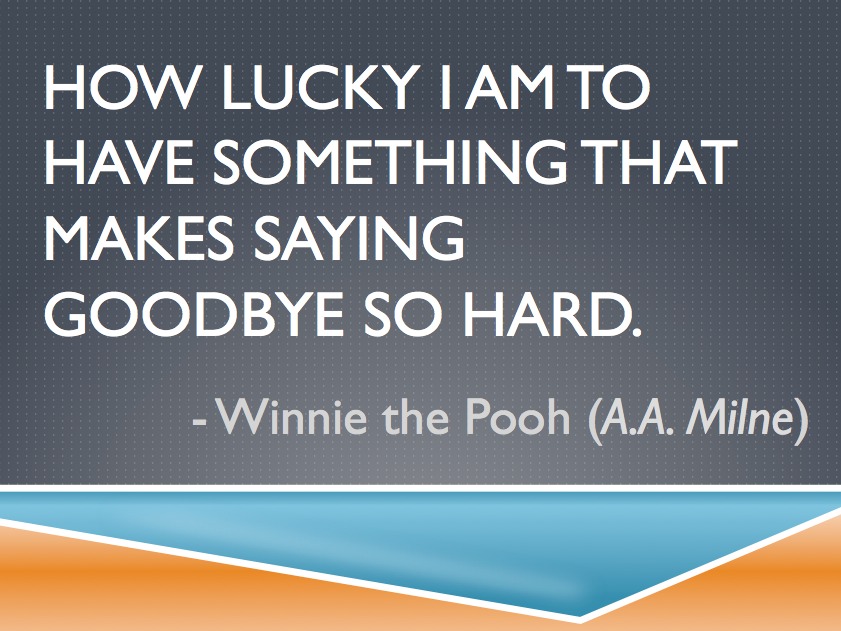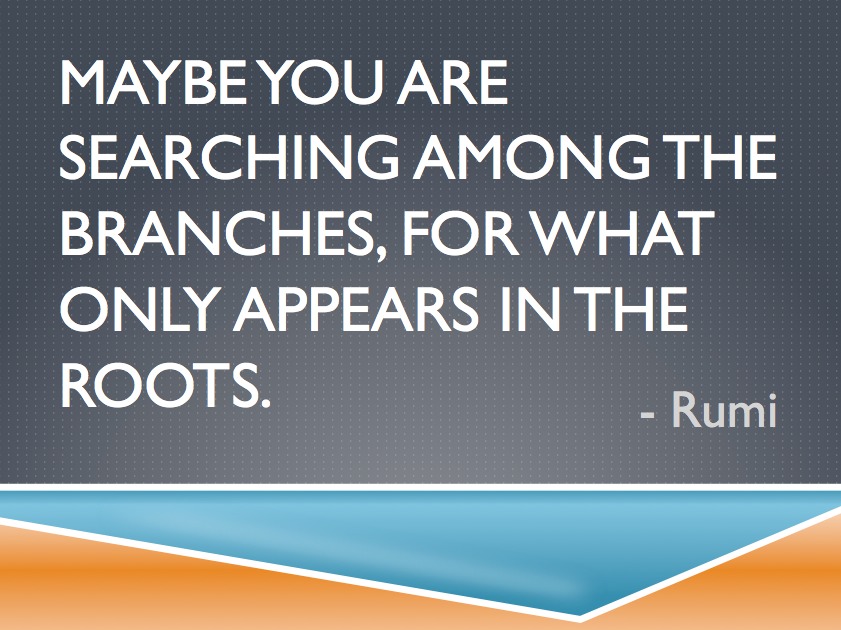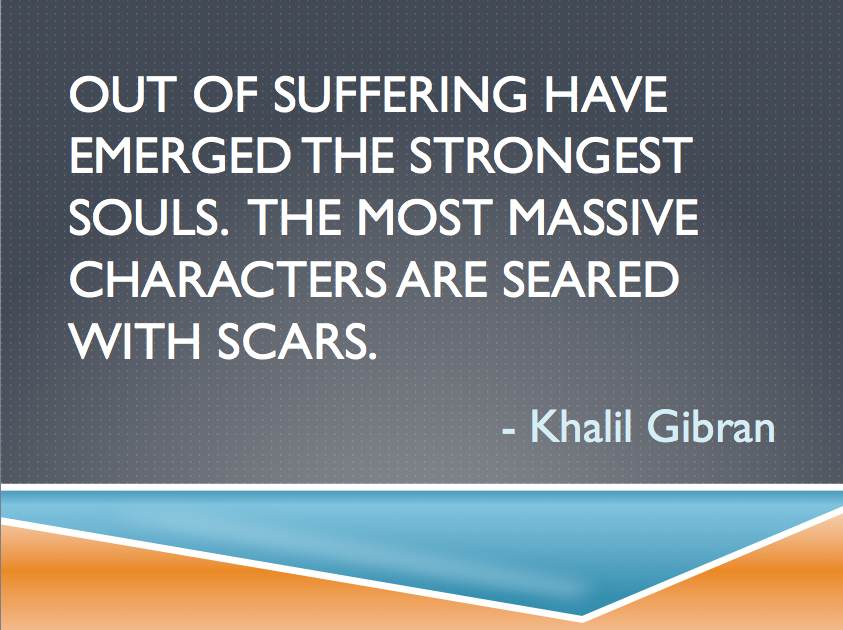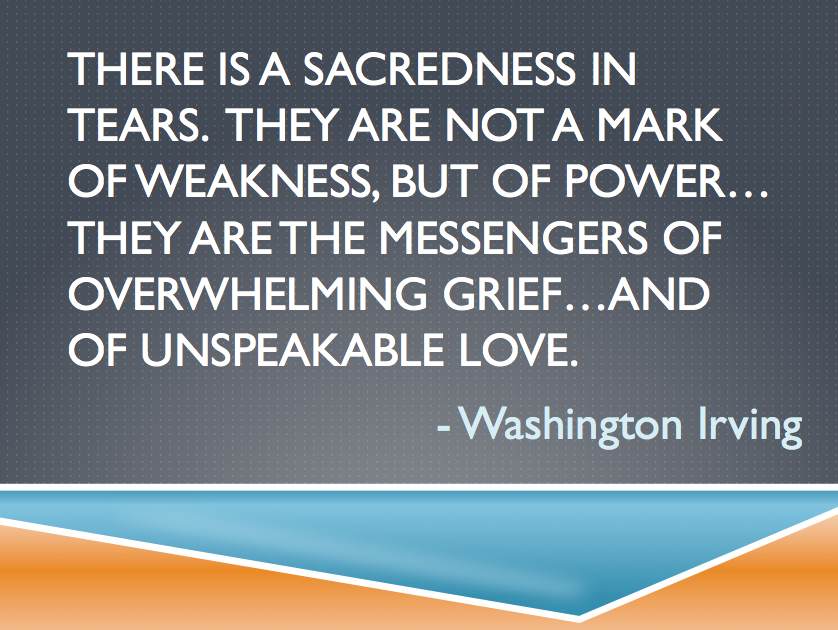How Did We Get Here?: Democracy
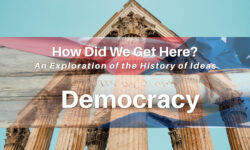
Is democracy new or old? Does it deserve the reverence that modern Western society has ascribed to it? In this evening’s program, we’ll look at the evolution of the modern concept of democracy, including how different groups approached practical matters. We’ll trace their solutions to the present day & see how those solutions continue to shape the discourse of the modern world. We’ll also reflect on current challenges to “democracy” and how members of the community can put theory into practice to keep democracy healthy. Learn more & RSVP here!



